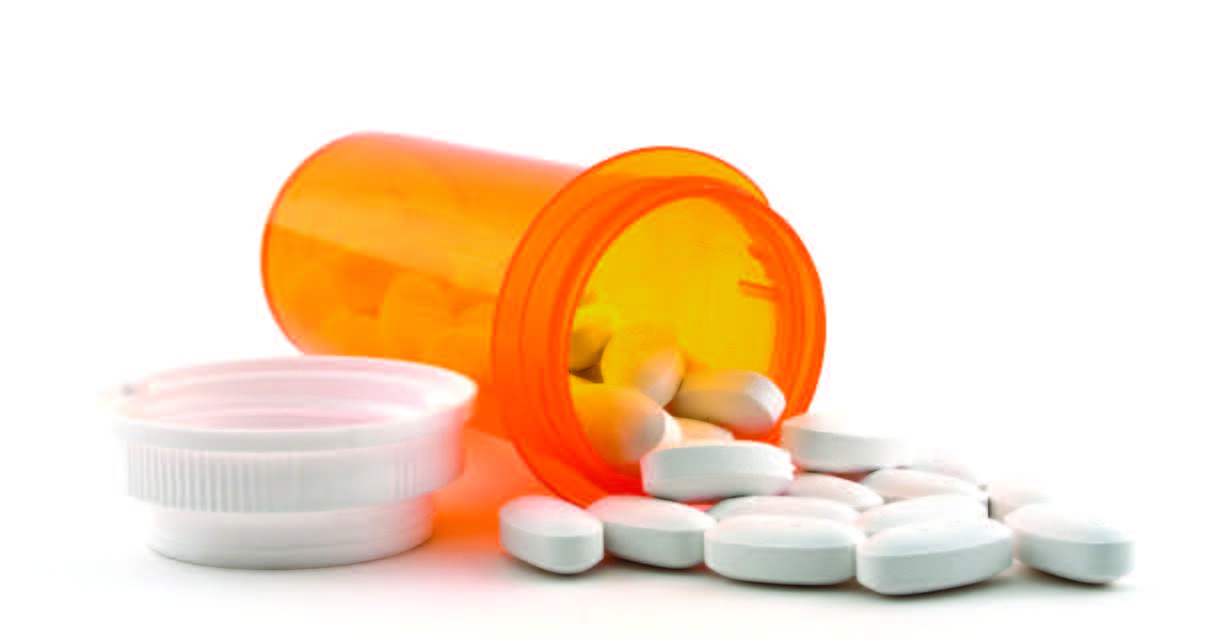Law enforcement officials in Northwoods' communities refer to prescription drug abuse as an epidemic, unlike anything they have seen.

They report a big increase in crimes related to prescription drug abuse, misuse and diversion (getting medications without a prescription or selling prescribed drugs for profit).
Law enforcement, community prevention coalitions and health care providers are working together to solve the problem. A key ingredient to the solution is you.
A few numbers tell the seriousness of the situation. In 2010, 2.4 million people in the United States misused or abused prescription drugs for the first time. This equals about 6,600 new users each day. More people have abused prescription drugs than cocaine, heroin, hallucinogens, ecstasy and inhalants combined.
Prone to abuse
"In the past, several classes of medicine have been prone to abuse," said Clinical Psychologist Michael Larson, Ph.D., Marshfield Clinic Minocqua Center Pain Management Department. These include opioids such as hydrocodone and oxycodone, anxiolytics, such as diazepam and alprazolam, and psychostimulants, such as methylphenidate and amphetamines.
"Now we are hearing stories about medications being abused that we did not consider as ones that could be abused. These include neuropathic pain medications, such as gabapentin or its brand version, Neurontin."
Opioids are generally prescribed for pain relief. Pharmaceutical brand names for these medications include Vicodin, OxyContin, Dilaudid and Demerol. Anxiolytics are prescription anti-anxiety medications. Pharmaceutical brand names for these medications include Valium and Xanax.
Stimulants are prescribed to help manage conditions such as attention deficit disorder (ADD), attention deficit hyperactivity disorder (ADHD), depression and a host of other psychological and neurological disorders. Pharmaceutical brand names include Ritalin, Concerta or Adderall, among others.
Alcohol dangers
"Combining any of these medications and then adding alcohol, sleeping pills or some over-the-counter cold medications can produce dangerous effects," said Dr. Larson.
Medication sharing is a big factor in the prescription drug abuse problem. "A mindset exists that medication sharing is OK," he said. "Drug interactions should be a serious concern when medication is shared. By sharing medication a person becomes a prescriber without the knowledge, training or licensure."
Secure prescription drugs to prevent abuse. "You need to protect medication in your home from falling into the wrong hands," said Dr. Larson. "Put it in a place where others can't find it. Better yet, lock it up. Don't just worry about small children such as grandchildren, nieces and nephews. Parents have learned that friends of their high school son or daughter were going through their medications."
Another way to secure your medications is to avoid telling others you are taking these medications, he said. "With fewer people knowing you are on these medications, you are less likely to attract the interest of prescription drug abusers or sellers."
Prescribing methods have changed to help address the abuse problem.
"Electronic prescribing from the provider to the pharmacy and tamper-proof prescription paper have helped to reduce manipulation of the prescription. You will notice restrictions on refills and the number of prescriptions given at a time for some types of medications," said Dr. Larson.
Tracking
"Tracking refills, performing drug urine toxicology testing and having you sign a medication agreement are ways of increasing awareness about prescription drug abuse in an effort to prevent it. As providers, we need to watch everyone to reduce the likelihood these medicines will be abused."
Do not flush unused medications, he said. "Proper disposal also prevents abuse. When you are finished with a medication, we ask you to dispose of it in a permanent prescription drug drop-off site or at local drug take-back events."
Having a primary care provider to monitor your prescription may be the best medicine. "As health care providers, we are taking this problem seriously," said Dr. Larson. "We always want to balance our attempts at helping patients relieve pain and improve function with preventing use of medications that result in abuse."
